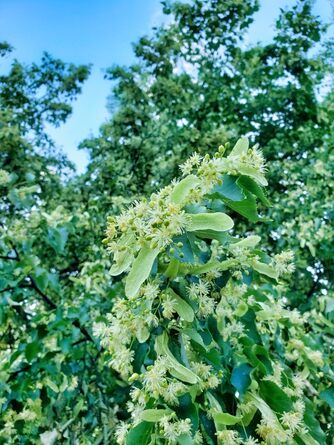 Many of us are facing some form of health challenge. It may be the effects of stress on sleep, digestion or mood. It may be a low-grade, chronic health condition. It may be a new issue that was unexpected. Enter plants. Herbs are effective You probably already know from your own experience that plants work. Maybe you have felt the energizing effects of echinacea when sick, the soothing effects of licorice on a sore throat, or the calming effects of a nice cup of chamomile tea. What not everyone is aware of is that plants can also help with the more challenging health issues that can come up. Our traditions shows us this When looking at the world as a whole, we can see that many people rely on herbs. Estimates are that around 80% of the world's population relies on herbal medicine for some part of their primary healthcare. In the U.S., there are people who grew up relying on herbs in their home. For those that didn't, it only takes looking a few generations back to see that the history was there. Our ancestors didn't know everything, and didn't have all the modern tools we have, but they were practical - they found what worked, and they passed the knowledge along. Research is showing it more and more Here are just a few recent meta-analyses (the gold-standard in research):  Herbs often work best with guidance There are generally two paths to utilizing herb for your personal health. One is self-study, or the support of family members or friends. The other is the support of a clinical herbalist or other skilled practitioner. For common, mild concerns such as immune support or relaxation, self-study is more than sufficient. It's easy to to read a book or talk to a friend about an herb to help soothe and relief common discomforts that we all experience from time to time. For the more chronic or serious concerns, this is where working with a clinical herbalist (or equivalent) is much more effective. Clinical herbalists are highly trained and understand the nuances of the individual experience of different health imbalances. Getting guidance is a safer way to go Herbs are generally safer and gentler than pharmaceutical medications, which is one of the main reasons to use herbs. However, there are some safety considerations to be aware of. Herb-drug interactions are rare but can post a significant risk for some people. Clinical herbalists are trained in herb safety and are able to help you navigate the risks in conjunction with your medical provider. Adverse effects from herbs are also rare but are possible. Just because it's natural doesn't inherently mean it's safe. The very young, very old, and people with serious medical conditions are most at risk for experiencing adverse effects. Clinical herbalists can help you create a plan that is safe for you as an individual. Getting guidance saves time and money Experimenting on your own can be costly. You may try many things that don't work. Working with an herbalist helps you get to an effective solution quicker. Clinical herbalists can also help you to find a solution that fits within your budget. There are many options for taking herbs, including tea, tincture, powder and capsule. Clinical herbalists can help you learn to incorporate less costly solutions into your daily life, and can even help you learn how to grow, harvest or prepare your own herbs and herbal remedies. Personalized solutions work better We've all heard about so many popular herbs: turmeric, echinacea, garlic, etc. The thing is, those popular herbs usually do work for many people - but they often don't work for a lot of other people. The reason for a diversity of effects has to do with what herbalists call individual constitution. We're all built in different ways, and we've all been shaped by different life experiences. The real magic of herbal medicine comes with matching the herb and the person. A clinical herbalist can do a traditional assessment to help you identify the specific herbs that best match the current pattern of your health. Additionally, clinical herbalists can blend individual herbs together to create a final product that meets your individual needs. This is often more effective than using any one popular herb on its own. The other options may not be enough Perhaps you've tried conventional medicine. Herbalists generally are not adverse to conventional medicine at all. The profound power of modern interventions is something we can all be grateful for. Yet many people have not fully found the answers that they are looking for with conventional medicine alone. Herbal medicine truly shines as a supportive form of care, either for conditions that are not overt enough for medical treatment (i.e. "sub-clinical"), or as a complementary support for medical treatment. Give an herbal consultation a try Clinical herbalists are highly trained. We learn basic anatomy, physiology, pathology and pharmacology. We learn about holistic, natural and simple ways to support health through diet and lifestyle. And we learn the plants better than probably anyone else -through deep study and time hands-on with the plants we get to know them through personal experience. If you're ready for a change, a natural solution, and to have someone there to support you on your health journey - consider giving an herbal consultation a try. At Railyard Apothecary the process is simple:
2 Comments
Valerie Hurley
1/13/2023 07:05:21 am
Hi everyone,
Reply
Nick
1/13/2023 07:18:07 am
Hi Valerie! Guido is not taking clients personally, however he meets with us other clinical herbalists 1-2 times per week to discuss cases and provide support. So you can receive his guidance and suggestions by booking with any herbalist at Railyard and letting them know you'd like Guido's advice. Does that make sense? I'll send you an e-mail as well.
Reply
Leave a Reply. |
Details
RAILYARDCheck in here to keep updated on news and activities at the apothecary. Archives
April 2024
Categories
All
|
railyard apothecary
*These statements have not been evaluated by the Food and Drug Administration. This product is not intended to diagnose, treat, cure, or prevent any disease. For educational purposes only.
|
|

 RSS Feed
RSS Feed
